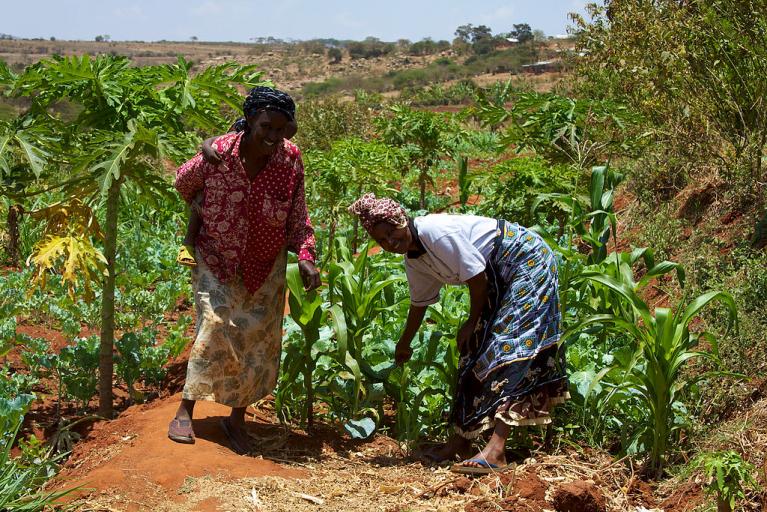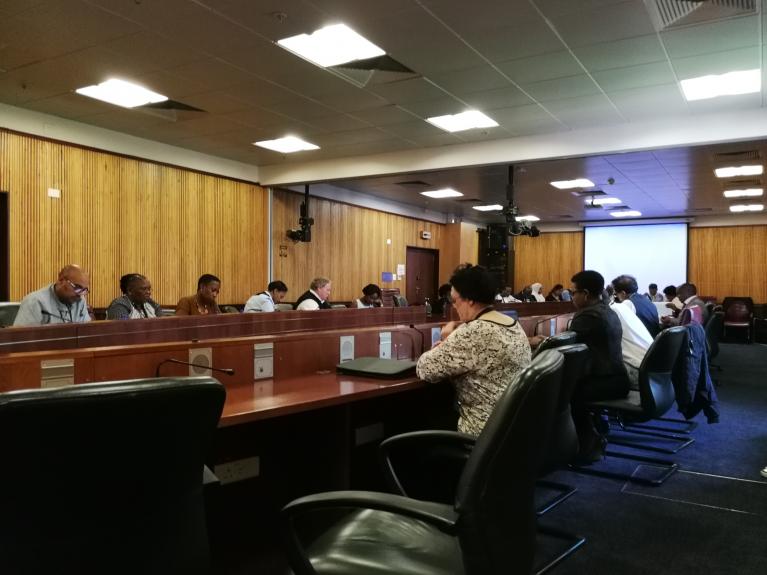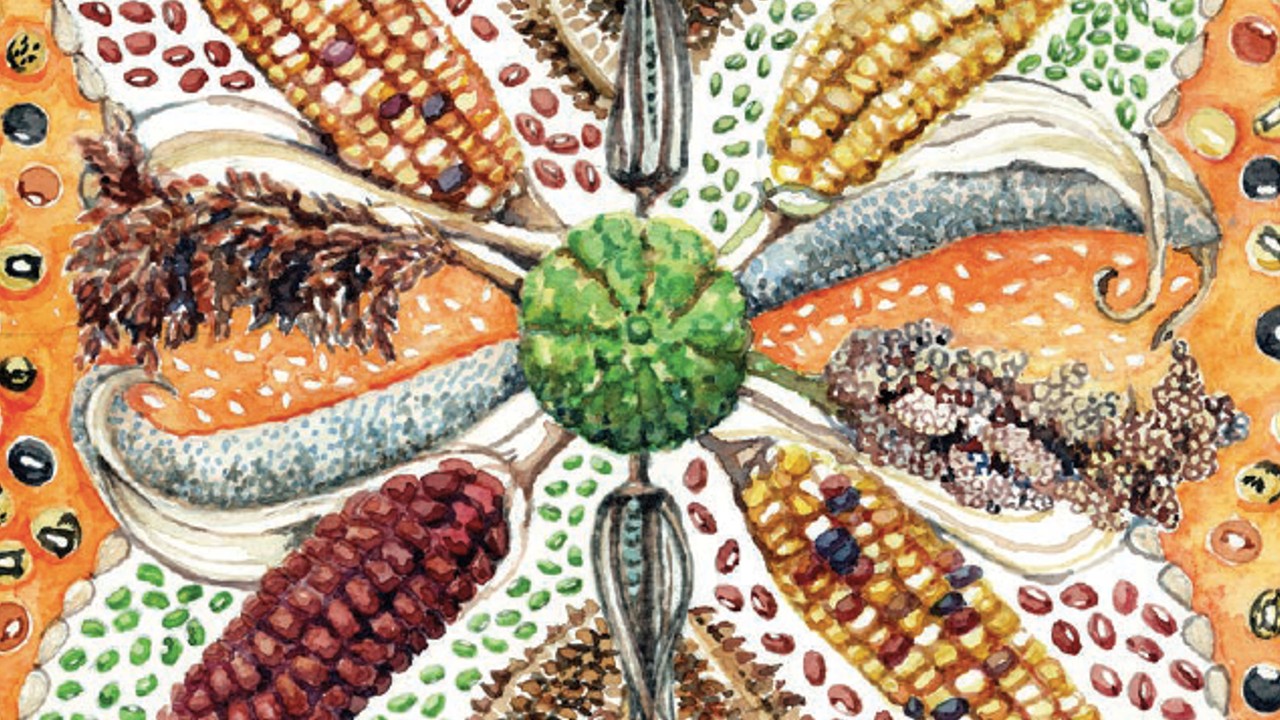Latest Seed Laws & Policies Resources
15 May 2019
Input Subsidies in Mozambique: the future of peasant farmers and their seed systems
In this report, the African Centre for Biodiversity outlines and assesses input subsidy programmes in Mozambique, as part of the larger agriculture policy landscape, and the impact this has had on the agricultural sector, particularly on smallholder farmers. In Mozambique, peasant farmers feed the country mostly using their own seed. Yet the majority of (donor-funded) […]
READ11 March 2019
PRESS RELEASE: East African Farmer & Civil Society Organisations Criticise EAC Seed Bill – demand transparency, participation and inclusion of farmers’ rights
Arusha, Tanzania, 11th March 2019 We, East African farmer and civil society organisations, met in Arusha on 5th – 6th March 2019, to deliberate on the East African Community (EAC) Seed and Plant Varieties Bill 2018 and its implications for smallholder farmers and their seed systems. The rationale given for the Bill is that this […]
READ30 October 2018
Reflections on ITPGRFA, UPOV 1991 and South Africa
Recently the Department of Agriculture, Forestry and Fisheries (DAFF) held national consultations on whether South Africa should accede to two international agreements related to seed: The International Treaty on Plant Genetic Resources for Food and Agriculture (ITPGRFA, or the Treaty) and the International Convention on the Protection of New Varieties of Plants (UPOV) 1991. The […]
READ31 May 2018
Parliamentary consultation & decision making on SA’s Corporate Seed Bills a Sham!!
The African Centre for Biodiversity (ACB) is deeply concerned that South Africa’s draconian corporate seed Bills were approved by the Parliamentary Select Committee on the 22nd May 2018, with no substantial changes being made. This despite a number of provinces having rejected the Bills entirely on the basis that they did not adequately serve the […]
READ15 January 2018
Status report on the SADC, COMESA and EAC harmonised seed trade regulations: Where does this leave the regions’ smallholder farmers?
The Status Report on the SADC, COMESA and EAC harmonised seed trade regulations: Where does this leave the regions’ smallholder farmers? researched and written by Linzi Lewis and Sabrina Masinjila of the African Centre for Biodiversity (ACB), provides a brief background and status update on efforts by regional economic communities to harmonise seed trade and […]
READ15 December 2017
Harmonised corporate seed laws in Africa: Where does this leave smallholder farmers?
The expansion of the corporate seed market, embedded in the green revolution agenda in sub-Saharan Africa is progressing very fast. This expansion is going hand in hand with regional policies and regulations – in a process also known as seed harmonisation – that will enable facilitate trade across national borders. This has been the case […]
READ3 July 2017
Resistance is fertile! Farmers rise up against South Africa’s corporate seed laws
Calls to decolonise our seed system at Gauteng public hearings on the Plant Improvement and Plant Breeders’ Rights Bills. Are there alternative systems that put farmers at the centre, do not reduce genetic and agricultural diversity, and support agroecology, seed and food sovereignty and resilience? South African smallholder farmers, consumers, academics and civil society at […]
READ2 June 2016
Integration of small-scale farmers into formal seed production in South Africa
The scoping report looks at key policies, legislation and programmes in SA with an emphasis on seed laws and considers the implications for small- scale farmer involvement in this sector and outlines a few projects on community seed production, indigenous crops and black- owned private sector seed production efforts.
READ16 June 2014
Slavishly following UPOV 1991: A critique of Mozambique’s PVP law
In this report, the ACB provides a critique of the Mozambique PVP law and concludes that the government of Mozambique has turned a blind eye to its small-scale farmers and their seed and farming systems. The provisions dealing with the exclusive rights granted to plant breeders and the exceptions to those rights render the centuries-old […]
READ








